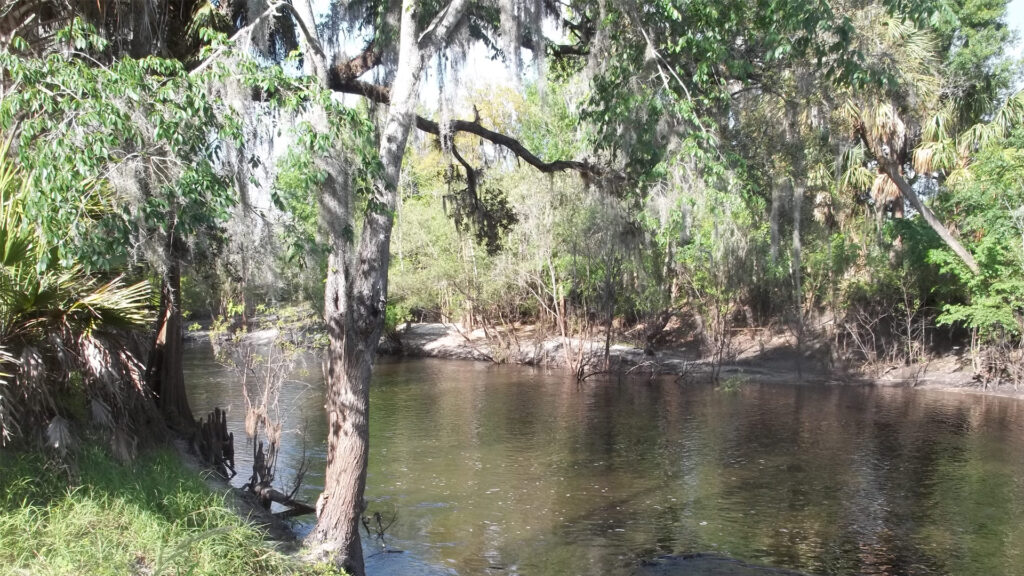A roundup of news items related to climate change and other environmental issues in Florida:
State agrees to protect nearly 40,000 acres of environmentally sensitive lands | WUSF

The governor and members of the Cabinet approved the conservation of the 13 properties without comment. They include 12 parcels where the state purchased the development rights, allowing the owners to continue ranching and farming.
Julie Morris is with the non-profit Florida Conservation Group, which has been working to get conservation easements on four of these properties – totaling over 8,000 acres, including Hardee, DeSoto and Highlands counties. They’ve been active in protecting areas in the Peace River watershed – which is critical for drinking water supplies in much of the region.
Two of these are 1,000-acre properties along Charlie Creek and Horse Creek, which flow into the Peace River.
Orlando a favorite among best cities to avoid worst climate change impacts. Here are others. | USA Today
With house insurance rates escalating and more frequent flooding from rising sea levels and extreme rainfall, some prospective home buyers are asking more questions about climate impacts before signing up for a 30-year mortgage.
Economists, flood experts and others often consider which cities might be safest from climate change impacts in the long-term, considering factors such as flood risk, sustainability and preparation to make communities more resilient.
But safety is in the eye of beholder.
Red tide? Seaweed blob? Nope, scientists are watching a different algae off Tampa Bay | Tampa Bay Times
Florida researchers are watching an algae bloom drifting offshore of the Tampa Bay area — and no, it’s not red tide or a looming blob of seaweed.
Scientists are monitoring a patchy cloud of “sea sawdust” that has ebbed and flowed in the Gulf of Mexico for nearly a week, according to the Florida Fish and Wildlife Research Institute. The blue-green algae species, known as Trichodesmium, is often found in tropical waters and blooms off Southwest Florida.
The good news: It’s not known to be toxic. The bad news: It leaves behind nitrogen that can feed red tide.
If you have any news items of note that you think we should include in our next roundup, please email The Invading Sea Editor Nathan Crabbe at ncrabbe@fau.edu. Sign up for The Invading Sea newsletter by visiting here.



